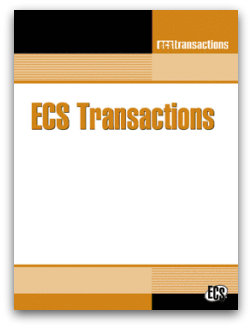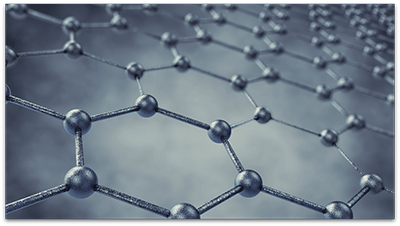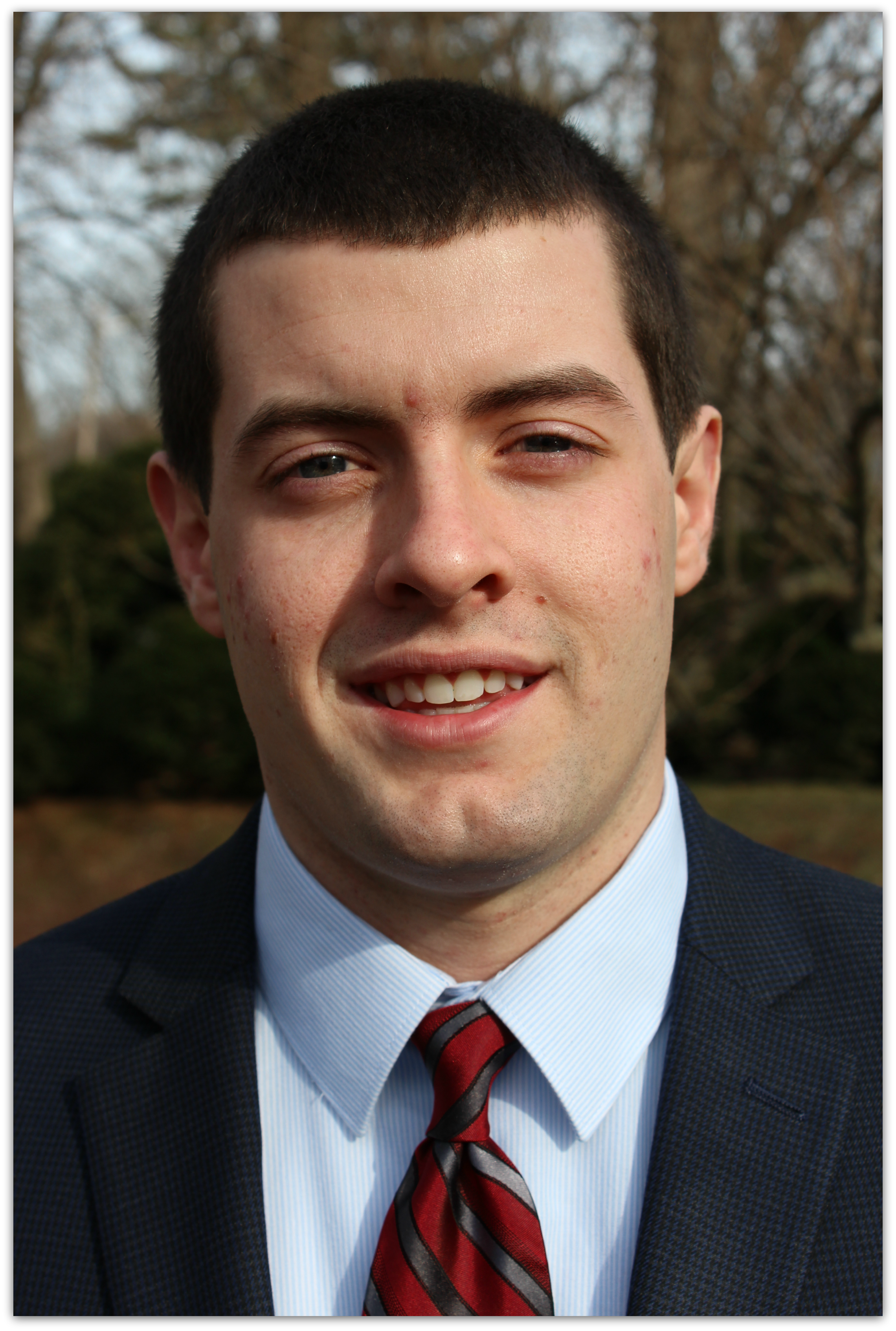 The development of the lithium-ion battery has helped enable the modern day electronics revolution, making possible everything from cellphones to laptops to electric vehicles and even grid-scale energy storage.
The development of the lithium-ion battery has helped enable the modern day electronics revolution, making possible everything from cellphones to laptops to electric vehicles and even grid-scale energy storage.
However, those batteries have limited lifespans. Battery expert Daniel P. Abraham is looking to address that.
“As your cellphone battery ages, you notice that you have to plug it in more often,” says Abraham, ECS member and scientist at Argonne National Laboratory. “Over a period of time, you are not able to store as much charge in the battery, and that is the process we call capacity fade.”
Abraham is a co-author of an open access paper recently published in the Journal of The Electrochemical Society, “Transition Metal Dissolution, Ion Migration, Electrocatalytic Reduction and Capacity Loss in Lithium-Ion Full Cells,” which addresses the question of why your battery doesn’t age well.
A majority of today’s electronic devices are powered by the lithium-ion battery. In order for the battery to store and release energy, lithium ions move back and forth between the positive and negative electrodes through an electrolyte. In theory, the ions could travel back and forth an infinite number of times, resulting in a battery that lasts forever.
But that’s not what happens in the batteries that power your laptops and your electric vehicles. According to Abraham, unwanted side reactions often occur as ions move between the electrodes, resulting in batteries that lose capacity over time.
(more…)
 Over one million scientists and science advocates around the world took to the streets on April 22 to celebrate science and bring attention to the role it plays in improving lives, solving problems, and informing evidence-based policy.
Over one million scientists and science advocates around the world took to the streets on April 22 to celebrate science and bring attention to the role it plays in improving lives, solving problems, and informing evidence-based policy.

 There are only 10 days left to submit your abstract to the
There are only 10 days left to submit your abstract to the  The
The 
 U.S. Secretary of Energy Rick Perry in April
U.S. Secretary of Energy Rick Perry in April 
 A quantum probe based on an atomic-sized “color center” in diamonds has let researchers observe the flow of electric currents in graphene.
A quantum probe based on an atomic-sized “color center” in diamonds has let researchers observe the flow of electric currents in graphene. My name is Eric Pacansky and I am a graduating senior from the College of New Jersey (TCNJ). While at TCNJ, I have been studying business administration and have learned many concepts regarding how to run a business. To compliment my studies, I have had the good fortune of participating in two internships. I am grateful for the many opportunities and challenges these internships have presented, especially those I received as a membership services intern at ECS.
My name is Eric Pacansky and I am a graduating senior from the College of New Jersey (TCNJ). While at TCNJ, I have been studying business administration and have learned many concepts regarding how to run a business. To compliment my studies, I have had the good fortune of participating in two internships. I am grateful for the many opportunities and challenges these internships have presented, especially those I received as a membership services intern at ECS.